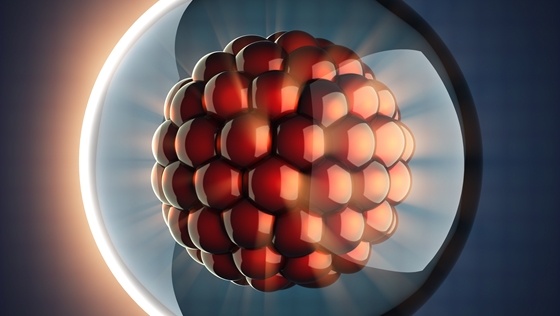
A group of researchers in Germany have discovered a new strategy to limit the side effects from stem cell transplants. The research may help prevent leukaemia and lymphoma patients from developing graft-versus-host disease (GvHD) after their stem cell transplant.
The researchers have successfully tested the technique in mice and are looking forward to human trials in the future. This research was published on August 15 in The Journal of Experimental Medicine.
Bone marrow transplants are used to treat patients with leukaemia and lymphoma. The hematopoietic stem cells from the bone marrow allow the patient to produce healthy new blood cells. They can also develop into immune cells and attack any cancer cells they find. A bone marrow transplant is usually performed after a cancer patient has been treated with chemotherapy to kill cancer cells in their body.
Unfortunately, when hematopoietic stem cells turn into immune cells they can also attack the patient’s healthy tissues. This medical complication is referred to as graft-versus-host disease (GvHD). This condition can lead to a range of symptoms including rashes, pain, diarrhoea, nausea, dry eyes, mouth ulcers, infections, and weight loss.
To avoid GvHD, doctors can also transplant regulatory T-cells — immune cells that suppress the transplant tissue’s immune system response towards the recipient. Unfortunately, it is time-consuming and expensive to obtain regulatory T-cells from the patient’s blood or bone marrow.
The German research team devised a new method for preventing GvHD in mice who had received a stem cell transplant. They created a protein called STAR2 to stimulate the recipient’s T-cells. The transplanted stem cells were still able to attack the cancer cells, but did not attack the patient’s healthy tissue.
This new strategy could make stem cell transplants safer and more comfortable for recipients.
Source: Researchers develop new strategy to limit side effects of stem cell transplants
{{cta(‘010124f3-c9bc-4a23-b9fc-74953e6288c9’)}}


